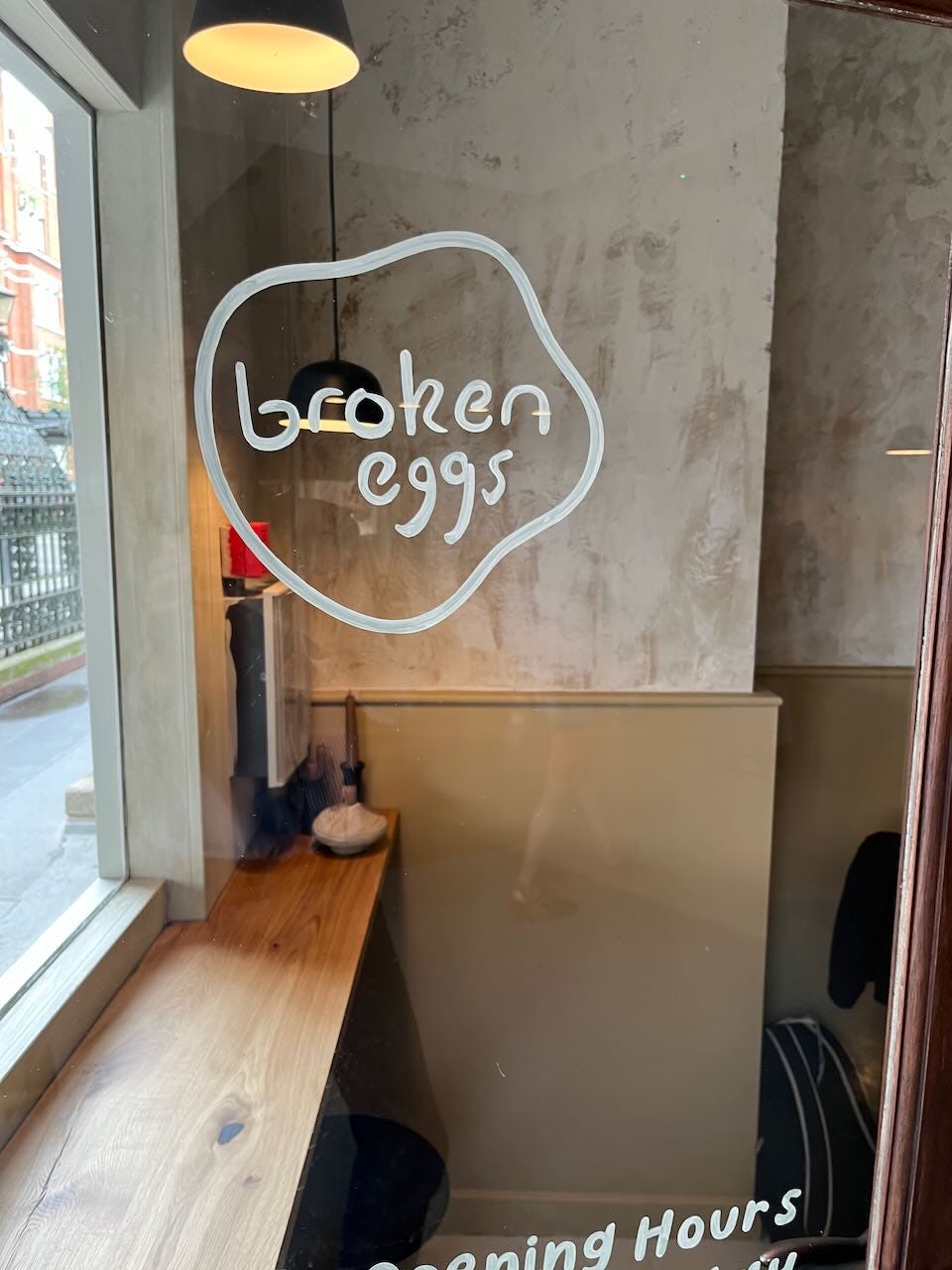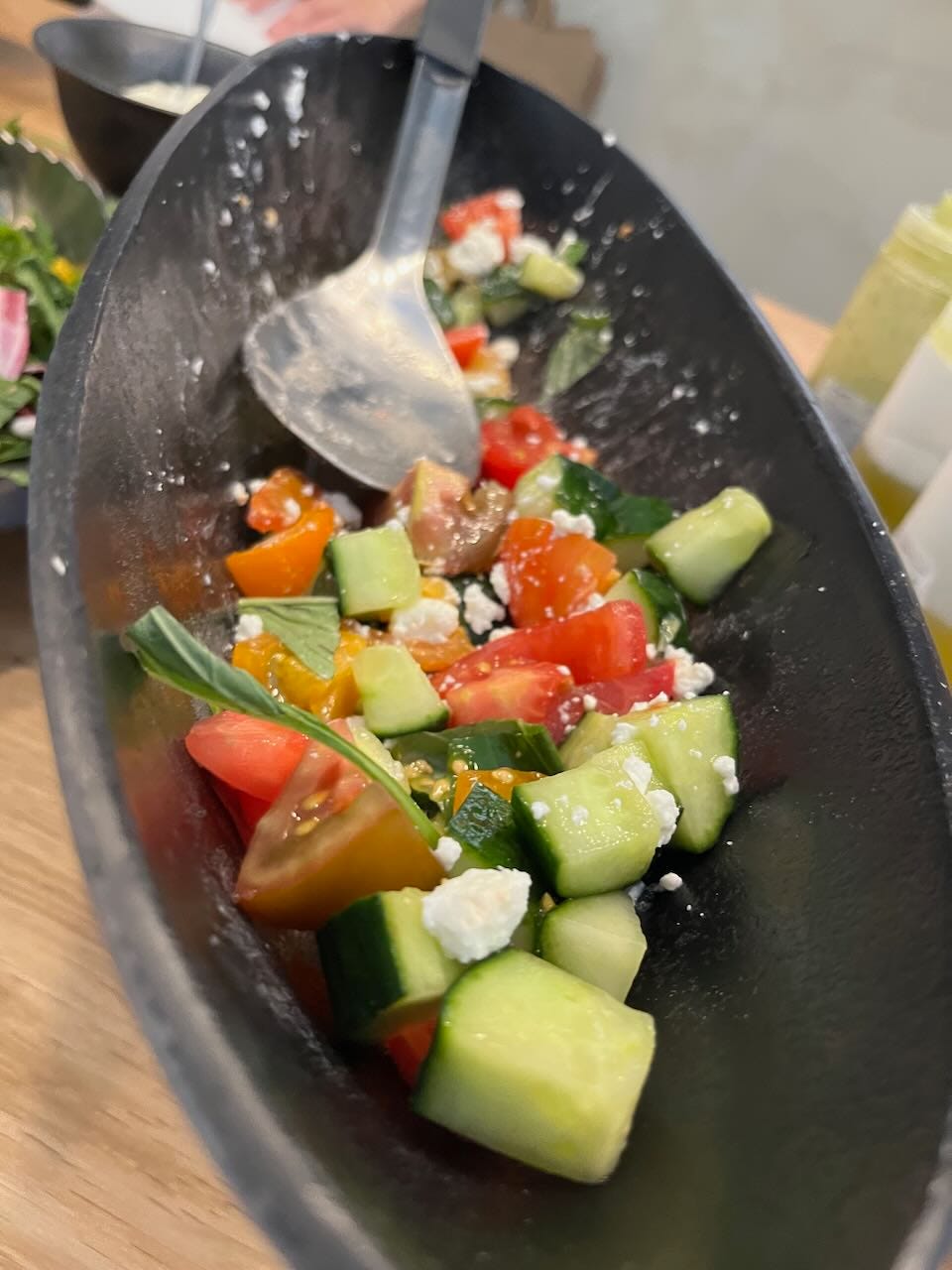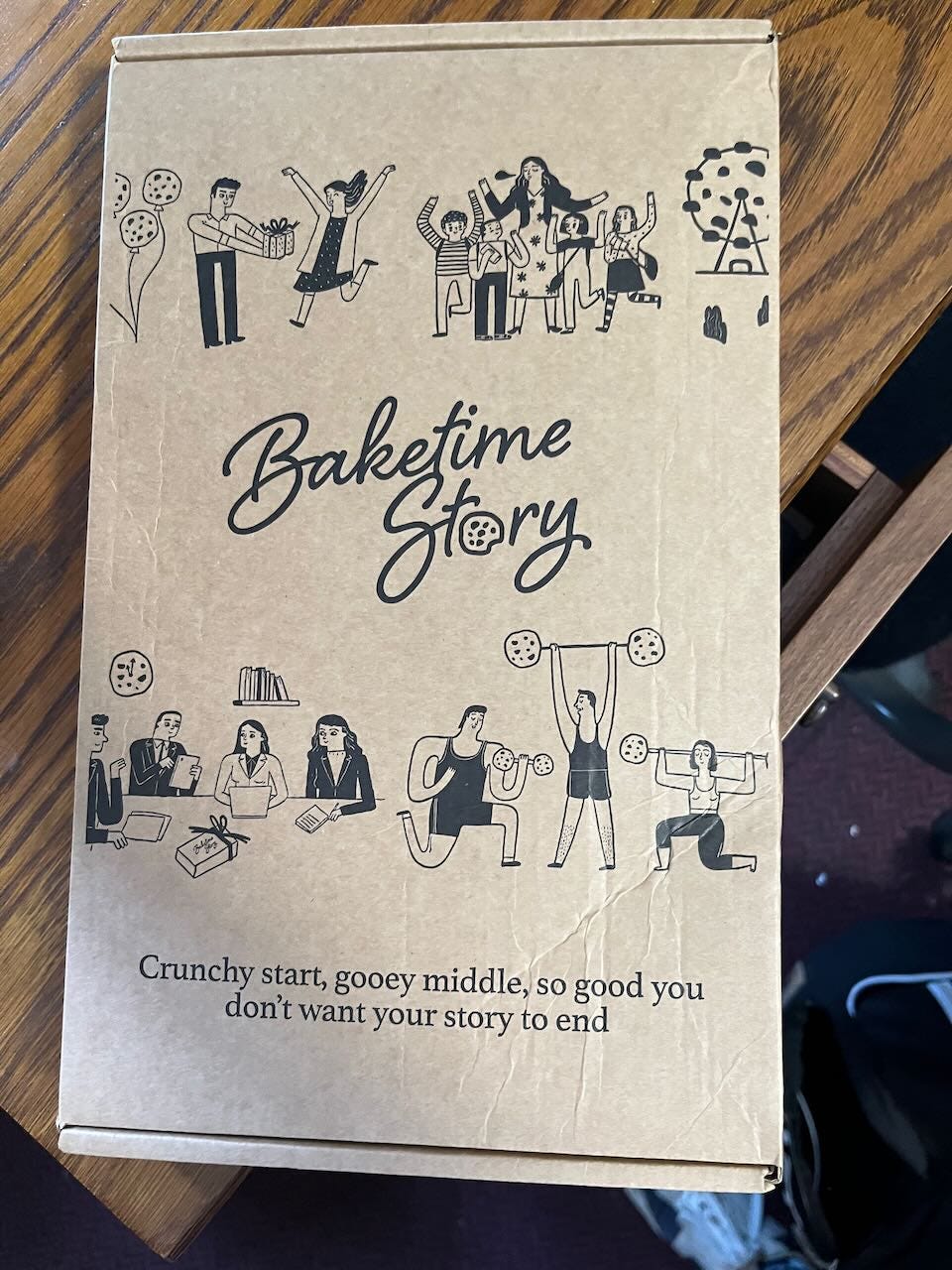Aleksandr is from Kharkiv Oblast’ in Ukraine. When the war broke out, he and his family drove all the way from Ukraine to England, bringing everything – their life, belongings, and even their pet animals – with them. He now works for the university’s disability advisory service. I wanted Aleksandr to share his story with Cherwell, as well as to provide an insight into how he finds his new life in England, having arrived here more than a year ago.
As I sit down to talk to Aleksandr in a café on Oxford’s High Street, he shows me a photo that one of his friends back home has sent to him. In it, a dog sleeps calmy on an apartment floor next to the bright flame of a candle during a power cut. I am also shown a video of the dog – a fluffy blue-eyed husky – trudging through the snow amidst the blast of air raid sirens in the background. It seems that, as Aleksandr gets used to his new life here, his friends back in Ukraine do the same: war is now just an ordinary part of their everyday lives.
I start by asking Aleksandr to tell me what he and his family did when the war broke out and how they ended up in England:
Aleksandr: “We were in Kharkiv when the war started. A missile landed very close to our apartment. We gathered all our things and in two cars drove to the west, through Poltava, to get away from the shelling. When we were on the road, we looked at the news on the internet and found out that there were missile strikes in all cities. So, we drove for around four days, stopping in small towns to rest for the night, until we reached Chernivtsi on the Romanian border. We drove through Romania, then Hungary, Austria, and in Germany we stopped for a month to stay with friends from Donetsk, before being granted permission to go to the UK. Having found a sponsor, we took the Eurotunnel to England.”
Joey: “I remember you telling me that you decided to take your pets with you. Why so? And what was it like travelling with them on such a long journey?”
Aleksandr: “We ended up taking the animals because our granddaughter couldn’t leave without them. They were a cat, two parakeets, and two chinchillas. We weren’t able to keep them with someone who would guarantee they would be looked after. Indeed, our local zoo in Kharkiv was being shelled at the time and all the animals pretty much died. They all got through the journey okay, though it was quite difficult at times: when we stayed in Budapest, for instance, we had to find and pay for a special service to allow us to keep them in our hotel room. The most difficult thing was getting them registered and microchipped to be allowed in the UK.”
Joey: “Have you encountered Russians here in England that weren’t against the war? If so, did you have any arguments or conflicts with them?”
Aleksandr: “We have Russian friends and relatives; my wife herself is Russian, though she’s been a Ukrainian citizen for thirty-five years. We often encounter Russians here in England in our English language lessons, in church, in Abingdon, and various other places. But we don’t know or speak with Russians who support the war or are fighting in Ukraine. The Russians who live here usually do so because they sought to leave Russia. We haven’t had any arguments with them at all. We are also really sympathetic towards those in Russia who are suffering from the war and their country’s aggression. When it comes to relatives and friends who remain in Russia, we can’t discuss the war with them over the phone or through messages. When I bring something up related to the war, since their calls could be monitored and they could get into trouble, they tell me that they can’t talk about it. So, we don’t discuss it and instead just talk about everyday stuff. We can’t freely speak with them.”
Alexandr plans to stay in England with his family for the long-term. Even after Ukraine gets its territories back, there remain political and economic problems, as well as reconciling with those who currently support Russia’s aggression, which means that staying here would be the best for them. But he dreams of one day being able to return to his homeland, when in a country formerly ruined by war, the winds of peace blow through its fields and valleys.





































